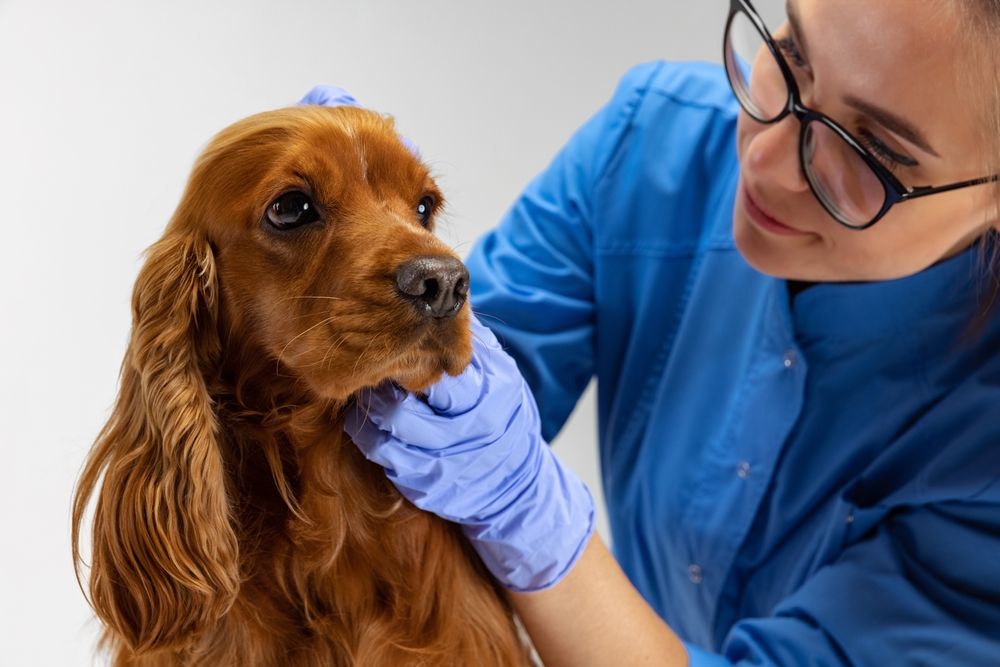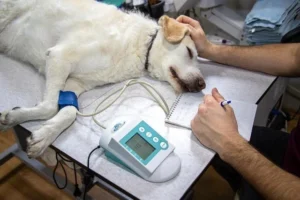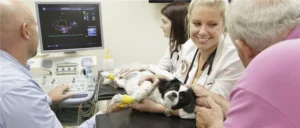At Happy Tails Animal Hospital in Renton, WA, led by the compassionate Dr. Arshdeep Mann, we often encounter the adventurous spirit of pets turning into a medical emergency. The ingestion of foreign objects is a common yet serious issue that can lead to gastrointestinal (GI) obstructions in pets. This comprehensive guide aims to educate pet owners on the risks, symptoms, and treatments available for GI foreign bodies, emphasizing the importance of prompt veterinary care.
Understanding GI Foreign Bodies in Pets
Curiosity and playfulness are innate to pets, but these traits can sometimes lead them to ingest non-food items. Whether it’s a toy, a piece of clothing, or even a small household item, these foreign bodies can cause blockages within the GI tract, posing a significant health risk.
Recognizing the Signs
Symptoms of GI obstruction can vary but typically include:
- Vomiting or retching
- Loss of appetite
- Lethargy
- Abdominal pain
- Changes in stool or difficulty defecating
Early detection is crucial. If you notice any of these signs, contact Happy Tails Animal Hospital immediately.
The Role of Professional Diagnosis and Treatment
Upon suspecting a GI obstruction, Dr. Arshdeep Mann employs a comprehensive approach to diagnosis and treatment. Services such as exams and ultrasounds are invaluable in accurately identifying and locating foreign bodies within the GI tract.
Exams:
Regular exams are the first line of defense in detecting potential issues before they become emergencies. During an exam, Dr. Mann can assess your pet’s overall health and determine the need for further diagnostic tests.
Ultrasounds:
Ultrasounds are a non-invasive diagnostic tool that allows for a detailed view of the GI tract, helping to pinpoint the exact location and size of the obstruction.
Surgery:
In cases where the foreign object cannot pass naturally and is causing significant distress or risk to the pet, surgery may be necessary. Dr. Mann and the skilled surgical team at Happy Tails are equipped to perform such procedures with the utmost care and professionalism.
Recovery and Aftercare
Post-surgery, the focus shifts to recovery and aftercare, ensuring your pet returns to their happy, healthy self. This may include a special diet, medications, and follow-up exams to monitor healing progress.
Preventing Future Incidents
Prevention is key to avoiding the stress and danger of GI foreign bodies. Tips include:
- Keeping small objects and harmful substances out of reach
- Choosing pet toys carefully, considering size and durability
- Supervising your pets during playtime
Partnering with Pet Owners for Optimal Health
Dr. Arshdeep Mann and the team at Happy Tails Animal Hospital are dedicated to educating pet owners, providing exceptional care, and partnering with you to ensure your pet’s long-term health and well-being.
Sources:
- Journal of Veterinary Medicine: Offers insights into the prevalence and treatment outcomes of GI foreign bodies in pets.
- American Veterinary Medical Association (AVMA): Provides guidelines for pet safety and health, including how to prevent accidental ingestions.
- Veterinary Surgery Journal: Features studies on advanced surgical techniques for removing GI obstructions, highlighting the importance of expert care in these situations.
